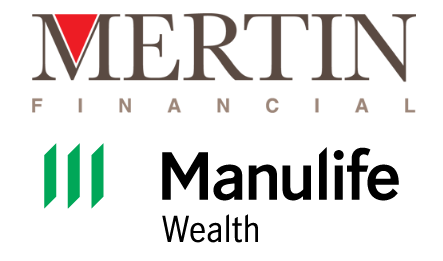What is the mind-set of financial independence?
Article Licenses: CA, DL, unknown
Advisor Licenses:
Compliant content provided by Adviceon® Media for educational purposes only.

Establishing the right mindset towards money will eventually show up in your investment portfolio as wealth that can provide a lifetime of income and the eventual achieving of financial independence. This may be impossible, without understanding how attitude affects one’s financial destiny. First, let’s examine a few of the correct attitudes versus erroneous thinking that could block our way.
Agree about money Most people need to consider the input of another person regarding how money is spent, invested, and managed. The problem is, many people never agree to a strategy of investing and stick with it – they’re still broke while arguing or doubting how to invest at age 55. Find a compromise, and stick to an agreed-on plan to invest.
Know the state of your finances Many never reconcile their bank account or organize their financial receipts or statements. They continue to make purchases, but never really know if they can afford them. Financial independence depends on financial management – you will need to establish orderly control. Purchase a filing cabinet, trays for receipts, files for all categories of purchases – a place for everything. Consider using computer software such as Quicken, posting your income and expenses weekly. Reconcile bank accounts and know your balances on a weekly basis, and your financial position, on a quarterly basis.
Buy only essentials on sale Sale signs are everywhere – the consumer can get up to 70% off in some cases. Those who sell goods know that sale signs encourage people to buy. Consumers legitimize the purchase in their minds, on the basis of saving a few dollars on an item. The problem is that over time one may buy many items on sale, despite the fact that he or she is spending above the household’s discretionary income, and may max the credit cards. While overspending this way, unmanageable debt is created. Instead of using discretionary income to invest; it all goes to paying down escalating credit card bills and high interest. In order to break free of this habit, save money first, and buy based on true needs. Stay clear of malls until the habit is broken. Be careful not to go to the other extreme and become a scrooge, ruining life’s enjoyment for others. Save money first, and buy based on true needs.
Limit need-for-prestige spending Many people buy more expensive computers, stereos, cars and gadgetry in order to impress the neighbours – yet these items depreciate in value over time. Add to that, countless upgrades when we become discontented, comparing new arrivals on the market. Such buying behaviour may create a false sense of prestige, negating one’s future retirement security. Income may drop or disappear all too soon, leaving many unpaid liabilities. Invest in assets that appreciate in value, such as a home, equity investment funds, or segregated funds, while not spending more in relation to increased income.
Eliminate procrastination based on fear What occurs in the U.S. or the Euro zone affects us all collectively, only insofar as how the markets that you invest in respond. Over 50 years, we find that the U.S. markets initially declined in a crisis, yet each recovered in a remarkably short period of one week. After the Suez Canal crisis: markets down 1.5%, gained 4%. The arms blockage in Cuba: down 2%, climbing back 4%. President Kennedy’s assassination: a decline of 3%, rising again within one week, 6%. The financial crisis of 2008 ruined many people’s investment retirement portfolio if they sold their funds or stocks. Those who were patient saw most of their funds and stocks climb to much higher values than before the crisis began.
The Advisor and Manulife Securities Incorporated, ("Manulife Securities") do not make
any representation that the information in any linked site is accurate and
will not accept any responsibility or liability for any inaccuracies in
the information not maintained by them, such as linked sites. Any opinion
or advice expressed in a linked site should not be construed as the opinion
or advice of the advisor or Manulife Securities. The information in this
communication is subject to change without notice.
This publication contains opinions of the writer and may not reflect opinions
of the Advisor and Manulife Securities Incorporated, the information contained
herein was obtained from sources believed to be reliable, no representation,
or warranty, express or implied, is made by the writer, Manulife Securities or
any other person as to its accuracy, completeness or correctness. This
publication is not an offer to sell or a solicitation of an offer to buy any
of the securities. The securities discussed in this publication may not be
eligible for sale in some jurisdictions. If you are not a Canadian resident,
this report should not have been delivered to you. This publication is not
meant to provide legal or account advice. As each situation is different you
should consult your own professional Advisors for advice based on your
specific circumstances.





